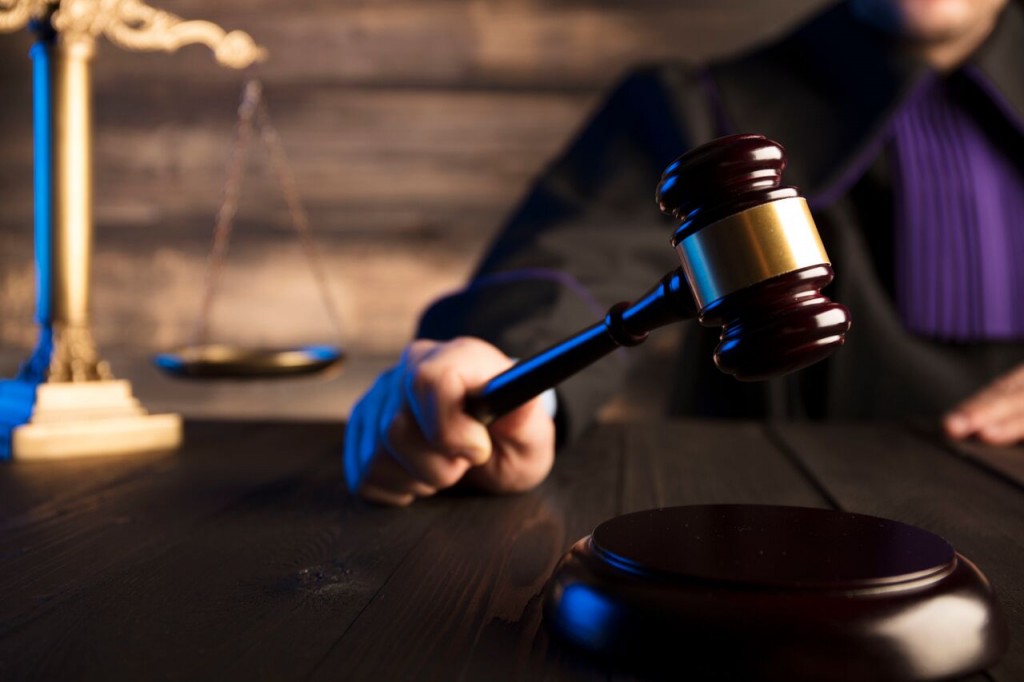
Justice goes both ways
By Duncan Fingarson, Senior Columnist
Over the past couple of years, we’ve seen a lot of people coming forward with their experiences of sexual assault. This is important and encouraging; sexual assault is one of, if not the most underreported crimes. We as a society should want people to feel safe speaking about their experiences. We should want a justice system that supports victims, and holds criminals accountable.
What I believe we should not want is lists of alleged abusers posted online like some people on social media have been doing; accusations being held up as hard proof of guilt before the case has gone anywhere near a trial. We shouldn’t want this because, while it is important to believe victims, treating accusations as proof of guilt is not justice. Accusations are not proof of guilt, they are evidence of guilt, and this is an important distinction to make.
I think the other part of this is the murkiness surrounding the definitions of assault and harassment. Legally, these things are clearly defined. In common parlance, on the other hand, people have varying definitions. Person A could post on Twitter that Person B harassed them. Perhaps Person B wolf-whistled or made some inappropriate comment. That’s not exactly admirable, but it’s probably not worthy of being jumped on by thousands of angry Twitter users who now hold the belief that Person B is a sexual predator.
Context is important, and what people mean when they say something is vital to the understanding of what they’re saying. Sometimes it’s clear, and sometimes it’s not. It’s a lot harder to be clear when all you’ve got to go on is 140 characters, or a list on Facebook.
I’m not saying people should stop listening to victims, or that victims should stop making accusations; I think it’s great that discussion is happening around this sort of thing. It’s not an easy thing to talk about, and it’s made all that much harder when it’s happened to you. Statements should never be discounted immediately. One statement is evidence, a dozen statements is a lot of evidence. The more evidence there is, the harder it is for shitty people who do shitty things to get away with it.
The dissemination of information is so easy with social media that one person can reach thousands. Couple that with how emotionally-charged sexual abuse, assault, and harassment is as a topic, and it’s easy to see how people can sometimes get carried away. Our system, however, works under the presumption of innocence. Innocent until proven guilty in a court of law. The standard of proof in the court of public opinion is a lot lower.
Victims deserve justice, but so too do the accused. Let them have their day in court to see where the evidence falls. After you have the facts, you can have an informed opinion. Not before.


